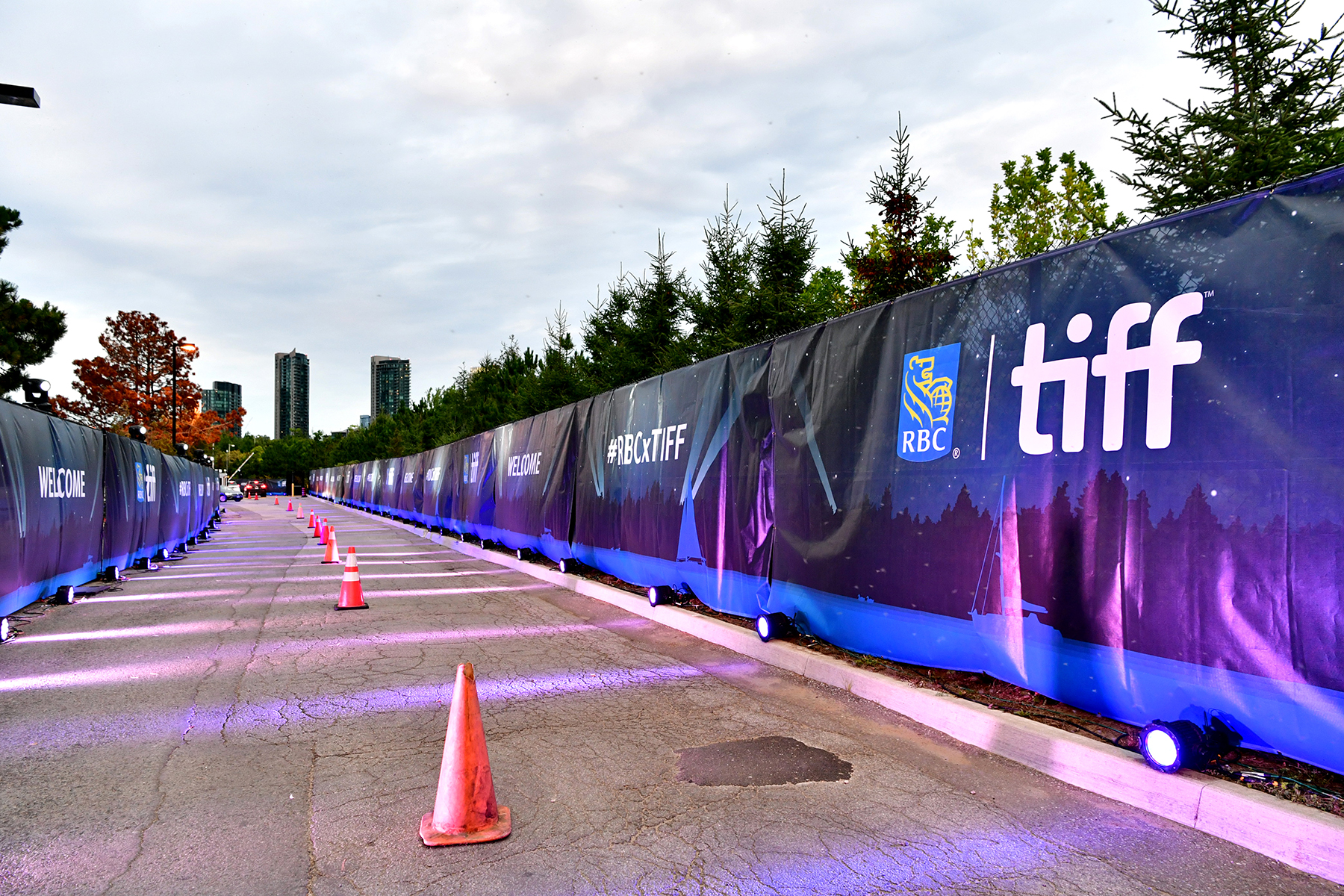
- Festivals
TIFF 2020 Launches Hybrid Edition
If there is one thing everyone has had to get acquainted with during Covid-19 times, it would have to be reinvention. Parents have had to become their children’s schoolteachers; employees had to convert their dining rooms to workspace and zoom calls have replaced out of town meetings. And the entertainment industry is no exception; especially in terms of a crowd gathering. Nowhere has that predicament been greater than at film festivals; which by definition are an assemblage of many people.
While such festivals as SXSW, Cannes, and Telluride found it impossible to move forward, the Toronto International Film Festival (TIFF), one of the largest publicly attended film festivals in the world with an average of more than 480,000 attendees, seems to have found the balance in its own reinvention.
TIFF will roll out its virtual red carpet on September 10th with Spike Lee’s adaptation of the acclaimed Broadway show David Bryne’s American Utopia. Over the course of ten days, the festival will transform its traditional format into a hybrid: part physical component, with drive-ins, outdoor and limited indoor screenings, and for the first time, a strong digital component, both for the public and industry as well.
color:black’>“We began this year planning for a 45th Festival much like our previous editions,” notes Cameron Bailey, Artistic Director and Co-Head of TIFF, “but along the way we had to rethink just about everything. This year’s lineup reflects that tumult. The names you already know are doing brand new things this year, and there’s a whole crop of exciting new names to discover. We’re thankful to every filmmaker and company that joined us on this adventure, and we can’t wait to share these brilliant films with our audiences.”In 2019, TIFF presented 333 films from 80 countries; however, the 2020 version will only see only 50 films represented. Among the titles showcased will be Ammonite, directed by Francis Lee (United Kingdom); Another Round, from director Thomas Vinterberg (Denmark); Bruised, the debut film from director Halle Berry (USA); Concrete Cowboy by filmmaker Ricky Staub (USA); Fauna, from director Nicolás Pereda (Mexico/Canada); Spring Blossom, the debut film by director Suzanne Lindon (France); and True Mothers by director Naomi Kawase (Japan).
Since its inception back in 1976, where it was known as the Festival of Festivals, TIFF always proved a welcoming place for filmmakers due to its easy accessibility for talent as well as its non-competitive format. The only awards given out are voted on by the audience. But the trajectory of the festival was forever altered in 1999 when the film American Beauty positioned itself to launch there. The momentum it built took it all the way through to the Oscars, where it picked up the prestigious Best Picture Award. From then on, studios viewed the September event as the perfect occasion to build critical awareness for their movies; with such films as Slumdog Millionaire, The Shape of Water, The Kings Speech, and 12 Years a Slave, each winning the People’s Choice Award and then the Best Picture Oscar.
Whereas each year, Hollywood actors filled the venues and parties, very few of those named above will actually be in attendance due to border restrictions. But Bailey and team have creatively found their own virtual way to incorporate the talent through “In Conversations”; where guests can tune in and hear from the likes of Denzel Washington, Kate Winslet, Halle Berry, Viola Davis, and Saoirse Ronan among others, talking about their new films and careers.
The festival is also turning its market, the selling of independently financed films, into a digital platform as well.

